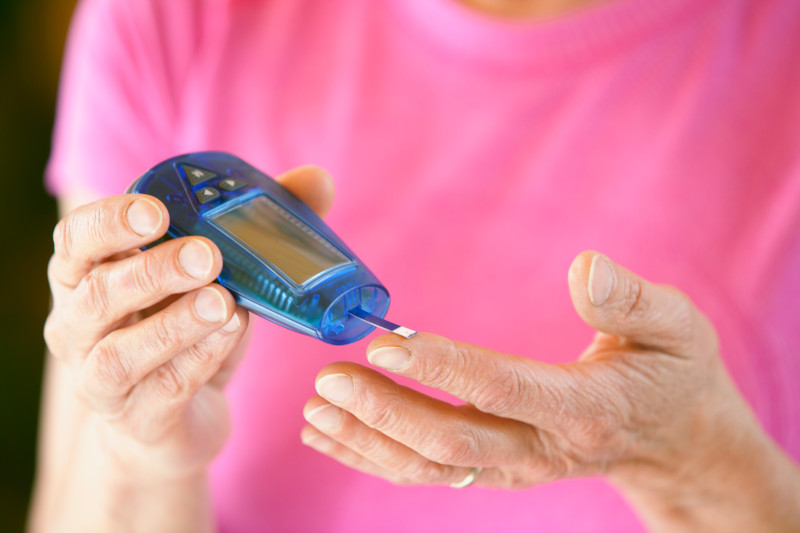AARP Hearing Center
AARP Nebraska State President Suzan DeCamp testified in support of two bills to limit the cost of insulin before the Legislature's Banking, Commerce and Insurance Committee on Feb. 7. Her statement is below.

Thank you to Senators Briese and Bostar for introducing the legislation and for the opportunity to comment. Though not a complete solution to the problem, LB142 and LB779 will help lead to people being able to afford life-saving medication. We urge you to support and advance them to the floor.
We know that the high price of prescription drugs is a burden on many Nebraska residents. Every day, our relatives, friends, and neighbors are forced to choose between filling life-saving prescriptions or paying rent, paying utility bills, buying food and affording other critical essentials. An AARP report showed that in 2017, 29% of Nebraska residents stopped taking prescription medication as prescribed due to cost. No one should be unable to pay for their life-saving medications.
Diabetes is one of the most common chronic diseases and according to the Centers on Disease Control and Prevention it is the seventh leading cause of death in the United States. The roughly 141,491 (9.6% of the adult population) Nebraskans living with diagnosed diabetes have to buy insulin at a pharmacy and they have to have insulin to survive. Insulin needs vary by the patient, as do costs — often depending on their insurance coverage. On average, people with diabetes require two to four vials of insulin per month. Diagnosed diabetes costs an estimated $1.4 billion in Nebraska each year. The monthly expense to Nebraskans averages between $450 and $500.
What are the impacts of high prescription costs to Nebraska consumers?
According to an AARP 2022 Vital Voices survey, 84% of Nebraska residents age 45+ think being able to pay for prescriptions is either extremely or very important; this increased from 78% compared to 2019. In Nebraska, the average annual cost of prescription drug treatment increased 26.3% between 2015 and 2019, while the annual income for Nebraska residents only increased 10.4%. No one should have to choose between buying medications or buying food for themselves or their families.
Over the last 14 years, the out of pocket cost of many insulin brands has jumped 555%. In 2017, the annual cost of Lantus, a form of insulin used to treat diabetes, was more than $4,700 per year. The cost of Lantus increased 62 percent from 2012 to 2017.1
For many of these individuals, insulin serves as the only drug to help them stay healthy. Due to these increased prices many insulin users have been forced to alter their medication by substituting lower quality products, seeking other options outside the country, or even having to ration their supply; some dying by doing so.

Insulin is not new; it was discovered as a treatment for diabetes almost 100 years ago. Very little about the way insulin is produced has changed yet the prices continue to skyrocket. Approximately 90% of insulin sold is manufactured by 3 companies, which limits competition and therefore results in higher costs to patients.
People of all ages are skipping doses, splitting pills, and even not filling prescriptions because they can't afford their medication. That's because Americans pay three times what people in other countries pay for the same medicine. According to an AARP survey performed in June 2021, almost sixty percent of likely voters age 50 and older report that prescription drug prices are unreasonable, and many indicated they have had or will need to make trade-offs to afford their medication.
LB142 and LB779 sets an out-of-pocket limit of $100 and $35 for a 30-day period supply of insulin. This proposal will make this life-essential drug more affordable and accessible. Capping the amount that a consumer pays every month for a drug will lower consumer’s prescription drug expenditures, making prescriptions more affordable and accessible. Medications don’t work if people can’t afford them. As of October 2022, 24 states have enacted legislation that limits consumers’ prescription drug related out of pocket costs. Let’s make Nebraska number 25.































































